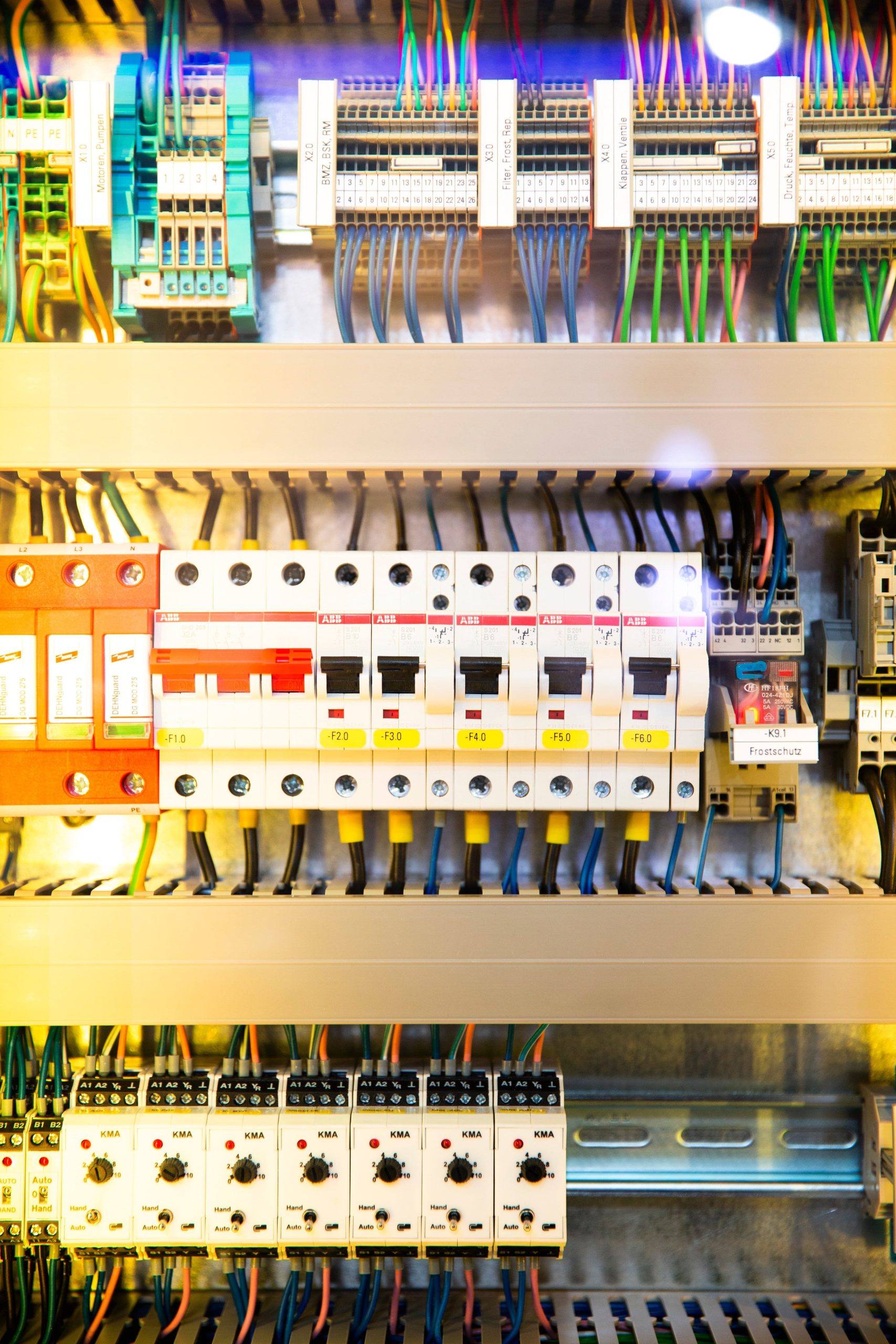With the digital age in full swing, businesses are constantly on the lookout for technologies that can help them stay ahead of the game. One such technology that has been causing quite a stir among industry experts is Next-Generation Networks (NGNs). These networks promise faster data transfer speeds, increased capacity, and improved reliability – all of which are critical to modern businesses. In this blog post, we’ll explore why NGNs are a game-changer for contemporary enterprises and how they can help organizations achieve their goals more efficiently and effectively than ever before. So buckle up and get ready to discover why NGNs should be on your radar if you want your business to thrive in today’s fast-paced world!
What is a Next-Generation Network?
Next-generation networks (NGN) are a transformative technology that can help modern businesses operate more efficiently and effectively. NGNs use intelligent nodes and sensors to connect devices and applications in a distributed fashion, making them faster, more reliable, and easier to use.
With NGNs, businesses can:
efficiently manage information flows across dispersed locations and devices;
improve communication between employees and customers;
enable rapid response to changing customer needs; and
enhance the performance of business processes.
There are a number of reasons why businesses should adopt NGNs. For example, because they’re faster than traditional networks, they can enable companies to respond more quickly to changes in the market. They’re also much less likely to be disrupted by outages or malicious attacks, which means that they can keep operations running even during difficult times. And finally, because they can communicate with multiple devices simultaneously, NGNs offer increased flexibility and efficiency when it comes to performing various tasks.
Advantages of a Next-Generation Network
Next-generation networks provide businesses with a host of advantages that can help them stay competitive in the modern economy. They are faster, more resilient, and more reliable than traditional networks.
They are also more cost-effective, as they require less infrastructure to function. And because they are powered by Internet Protocol (IP) technology, next-generation networks can be deployed quickly and easily across an organization’s entire networked environment.
Overall, next-generation networks represent a major step forward for business operations. They offer both tangible benefits and several intangible advantages that can make a significant impact on how businesses operate.
Why a Next-Generation Network is Necessary for Modern Businesses
A Next-Generation Network is necessary for modern businesses because it provides the connectivity and agility that businesses need to stay competitive. A Next-Generation Network delivers an improved experience for users by providing faster speeds, more reliable connections, and enhanced security. This allows businesses to keep up with the latest trends and innovations, as well as to better serve their customers.
A Next-Generation Network also helps businesses reduce costs associated with maintaining outdated technology. By upgrading to a Next-Generation Network, businesses can reduce the number of infrastructure upgrades they need to make, as well as the amount of money they spend on technology services. In addition, a Next-Generation Network provides enhanced security and compliance features that can help protect business data from cyberattacks.
Overall, a Next-Generation Network is essential for modern businesses because it offers increased speed, reliability, and convenience for users. By upgrading to a network that meets these requirements, businesses can stay ahead of the competition and improve their customer experience in the process.
How to create a Next-Generation Network
There is no doubt that the future of business is a Next-Generation Network. Businesses of all sizes are starting to realize this and are taking steps to create or upgrade their networks. Here are some reasons why:
1. Next-Generation Networks are Scalable:
Next-Generation Networks can handle massive amounts of data and traffic. They can also scale quickly to meet the needs of your business.
2. Next-Generation Networks are Secure:
Next-Generation Networks use advanced security measures to protect your data and keep your business safe.
3. Next-Generation Networks are cost-effective:
Next-Generation Networks can help businesses save money on infrastructure costs and improve efficiency.
The Different Types of Networks
There are three main types of networks: isolated, small, and large.
Isolated networks are those in which each node is completely self-contained and disconnected from other nodes. This type of network is typically used for communications between machines within a single organization or between machines on different networks.
Small networks are those in which nodes are connected to a few other nodes. These networks can be used to create local area networks (LANs) or wide area networks (WANs).
Large networks are those in which nodes are connected to many other nodes. Large networks can be used to create global systems that span multiple organizations or countries.
Conclusion
As businesses continue to experience rapid growth and change, they need a platform that can support their needs and help them reach new heights. Next-generation networks provide just that – a flexible, scalable infrastructure that can meet the demands of today’s digital business world. By using next-generation networks, your business can boost its productivity, agility, and competitiveness while remaining compliant with ever-changing regulatory requirements.










